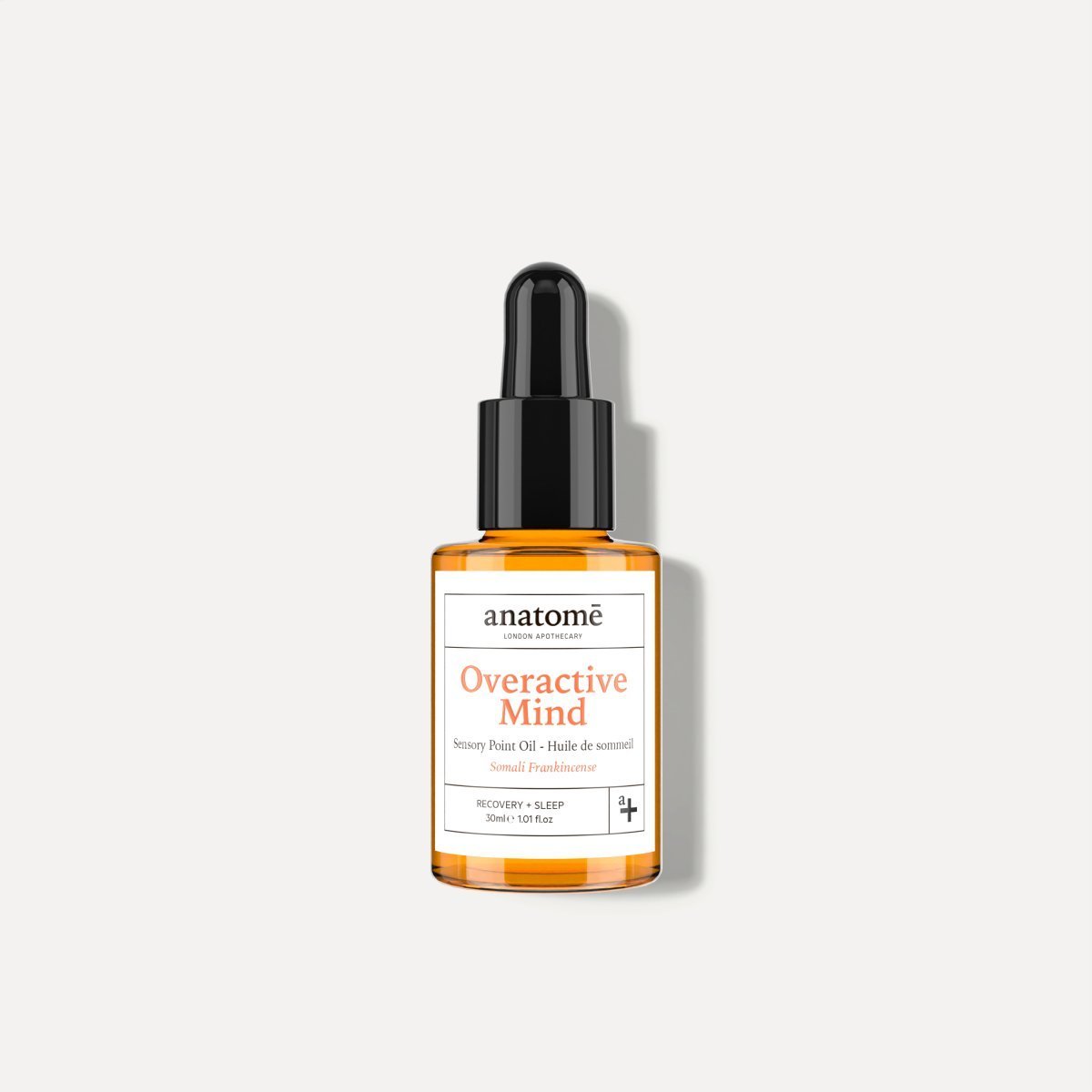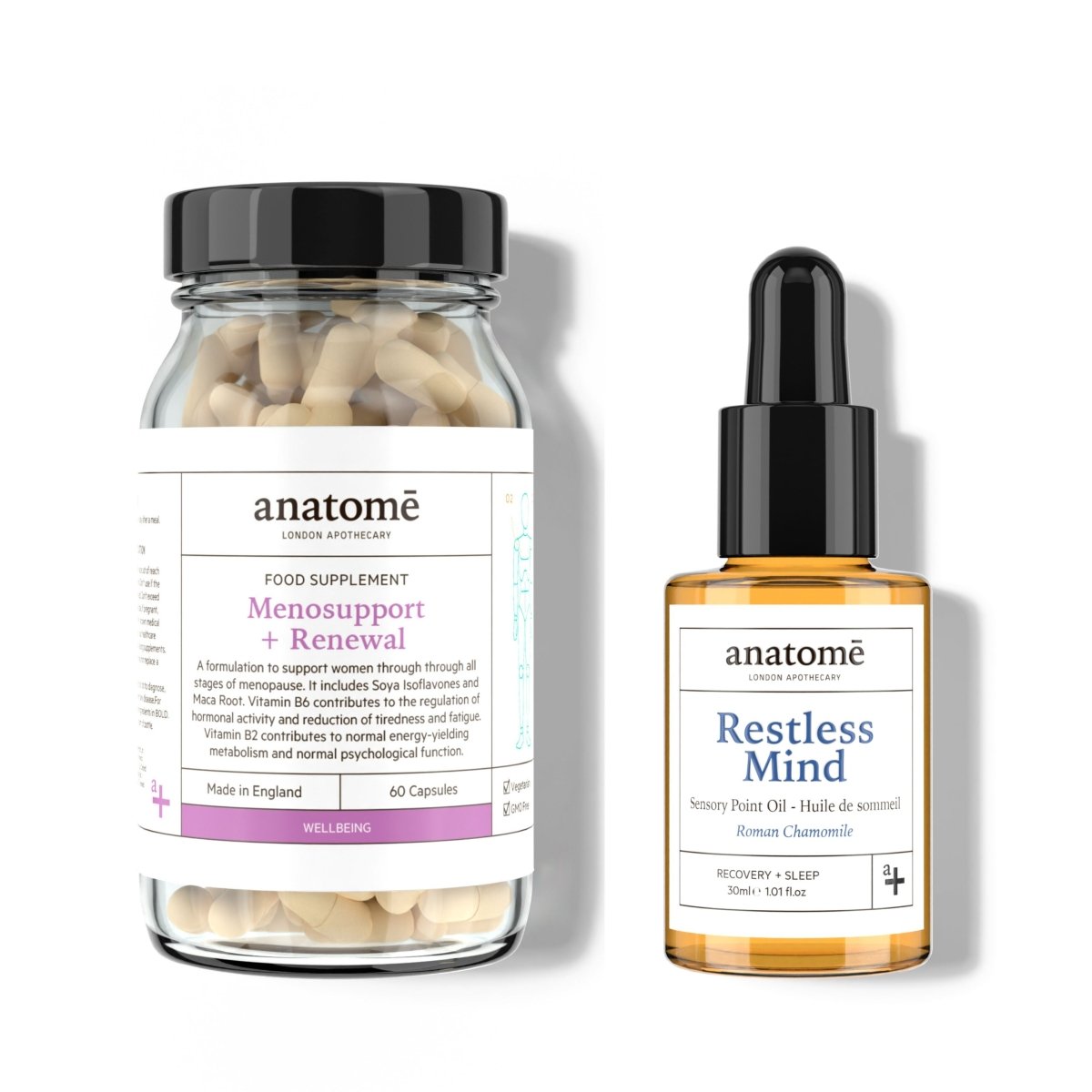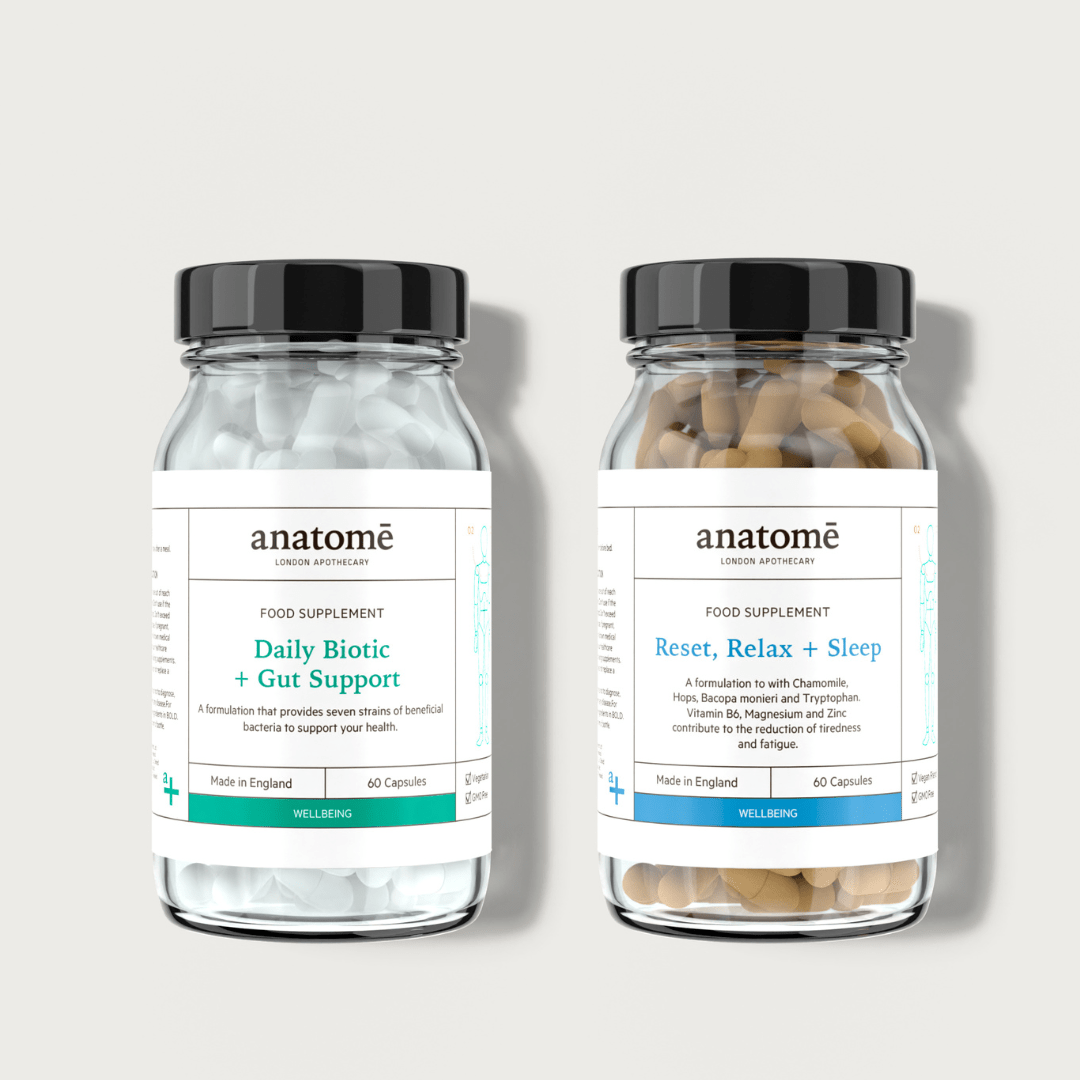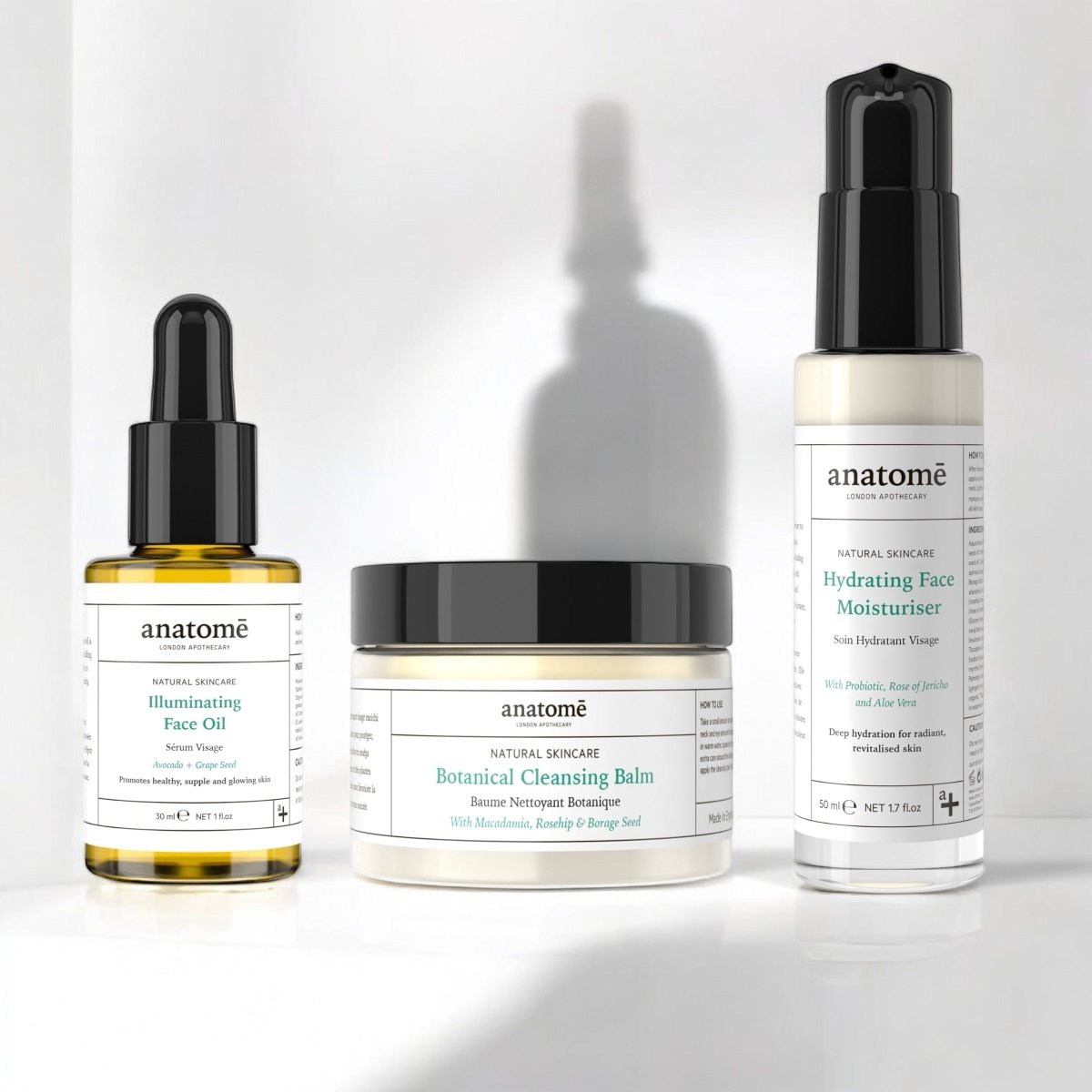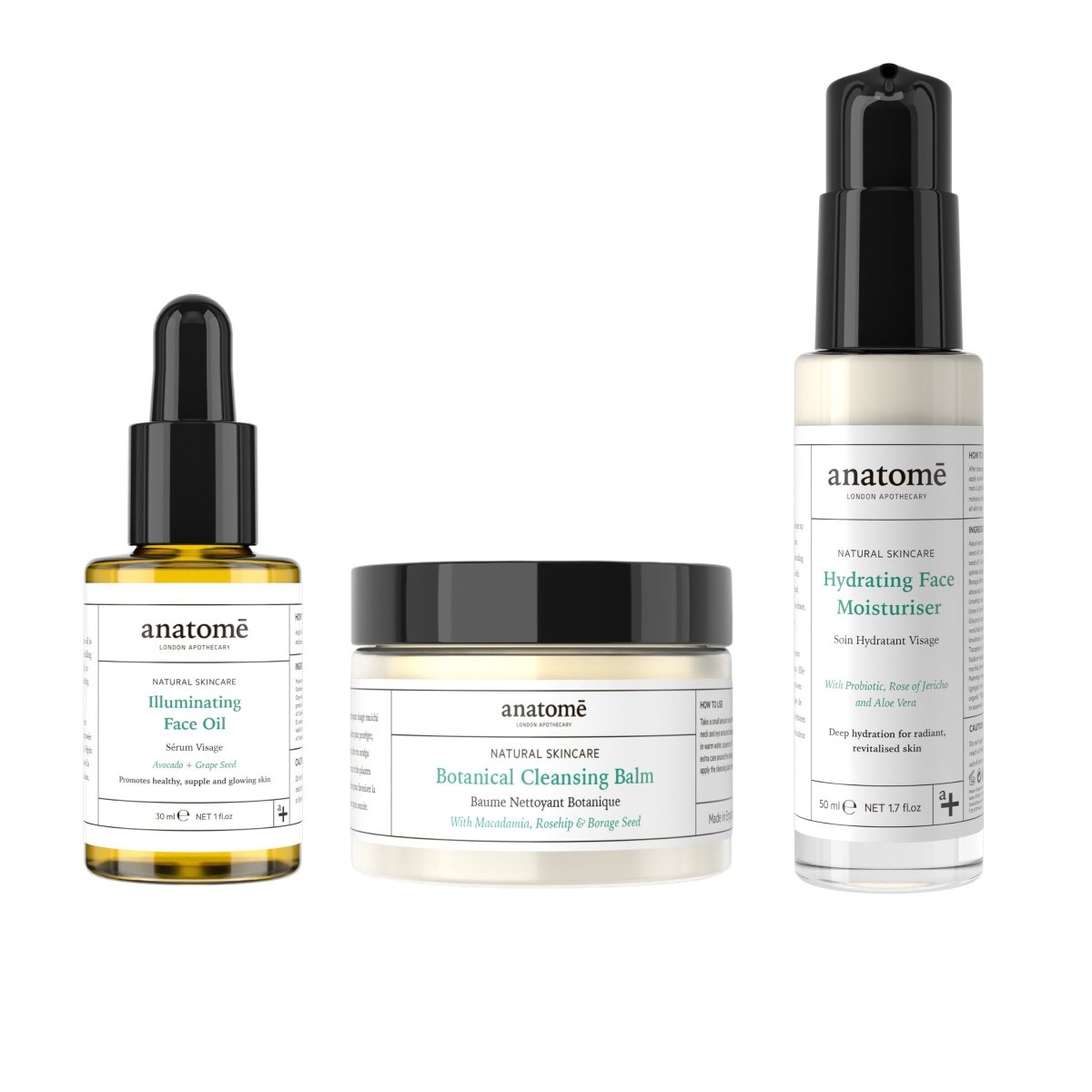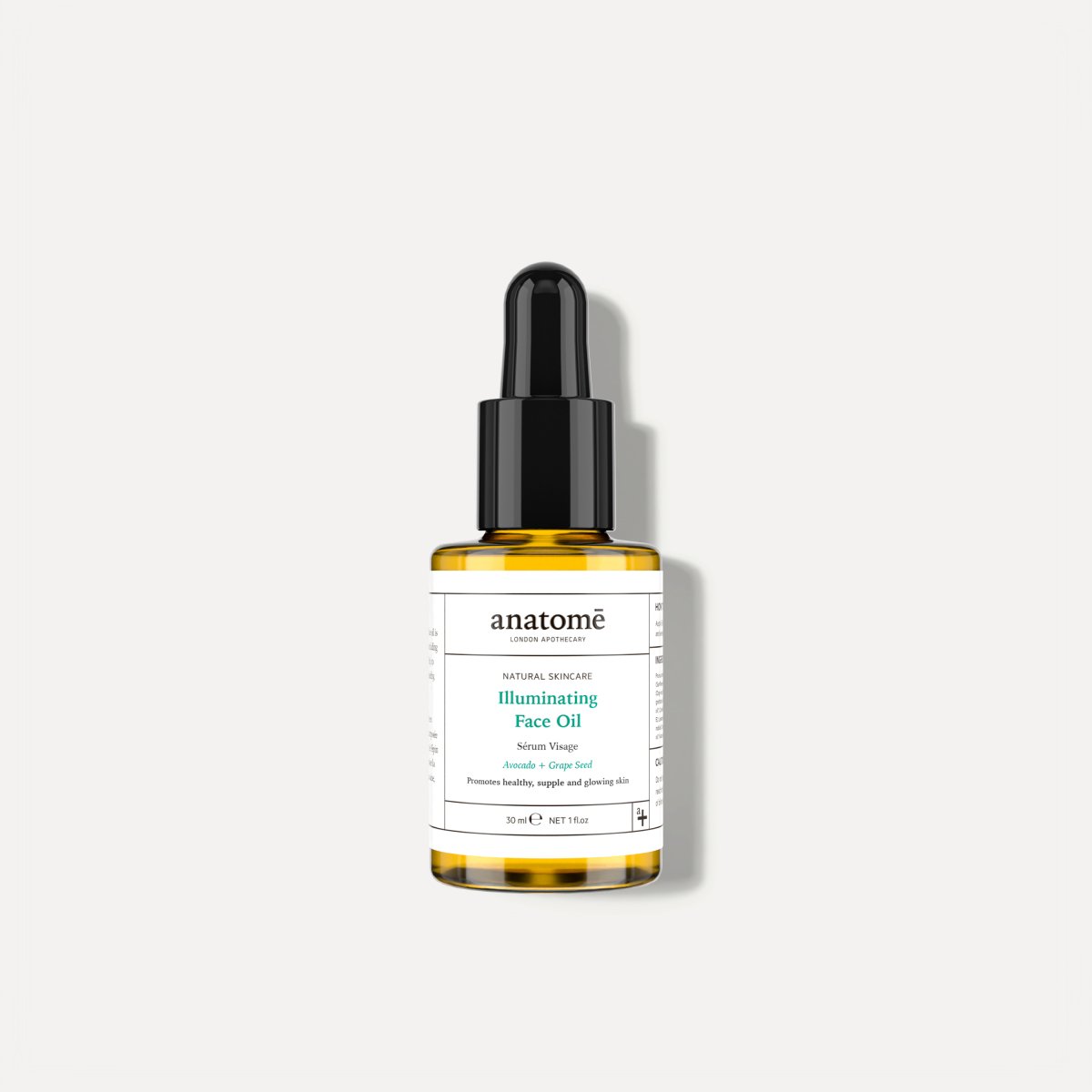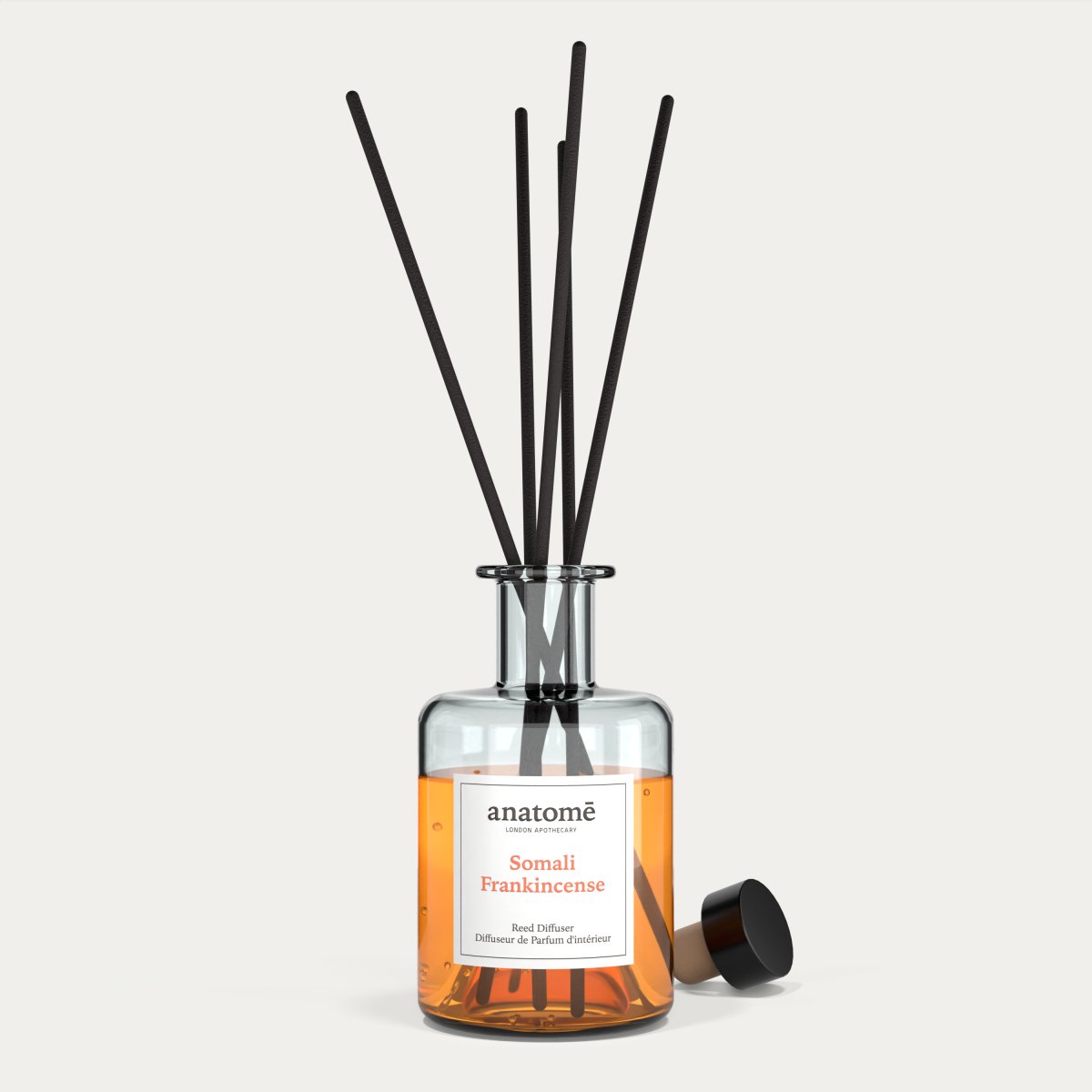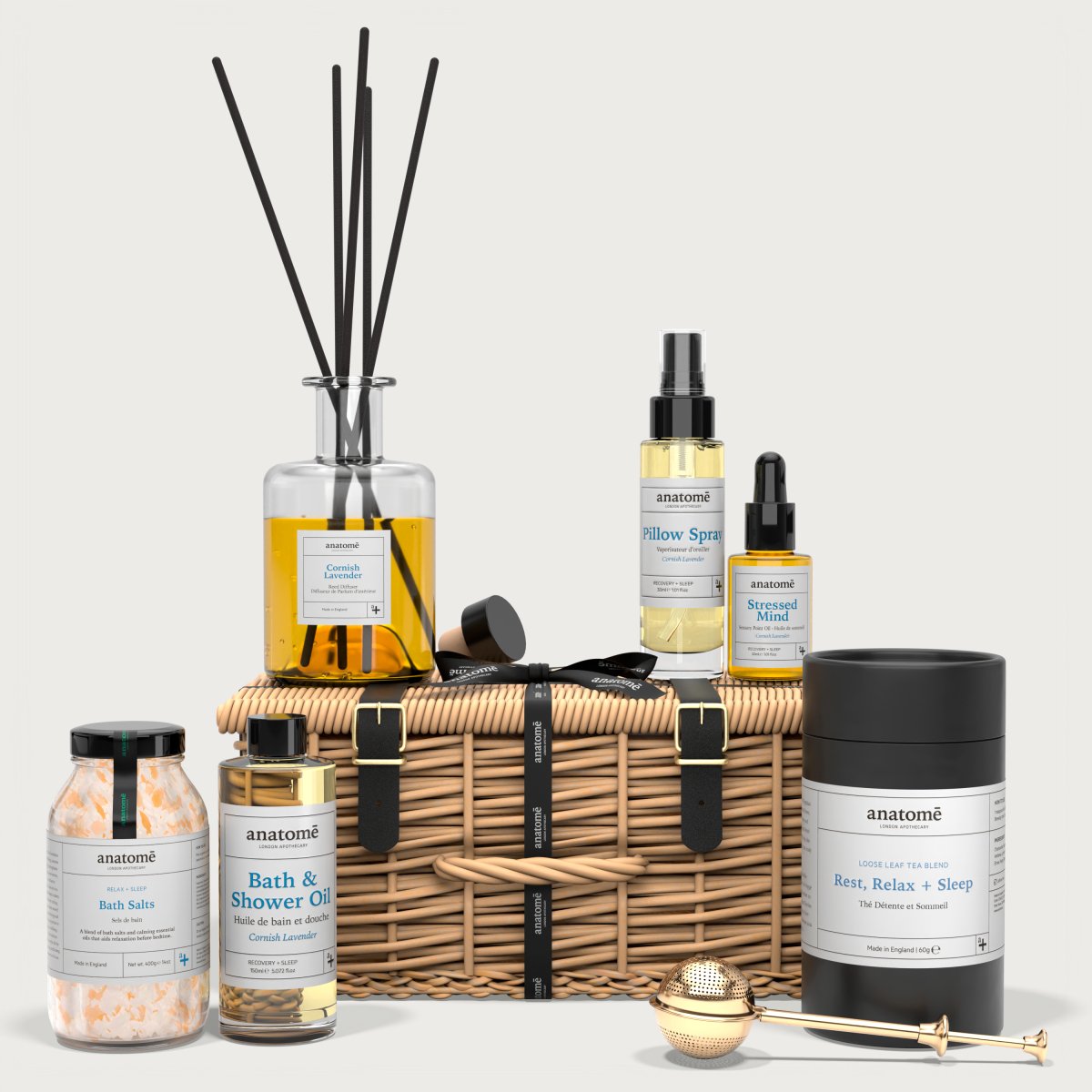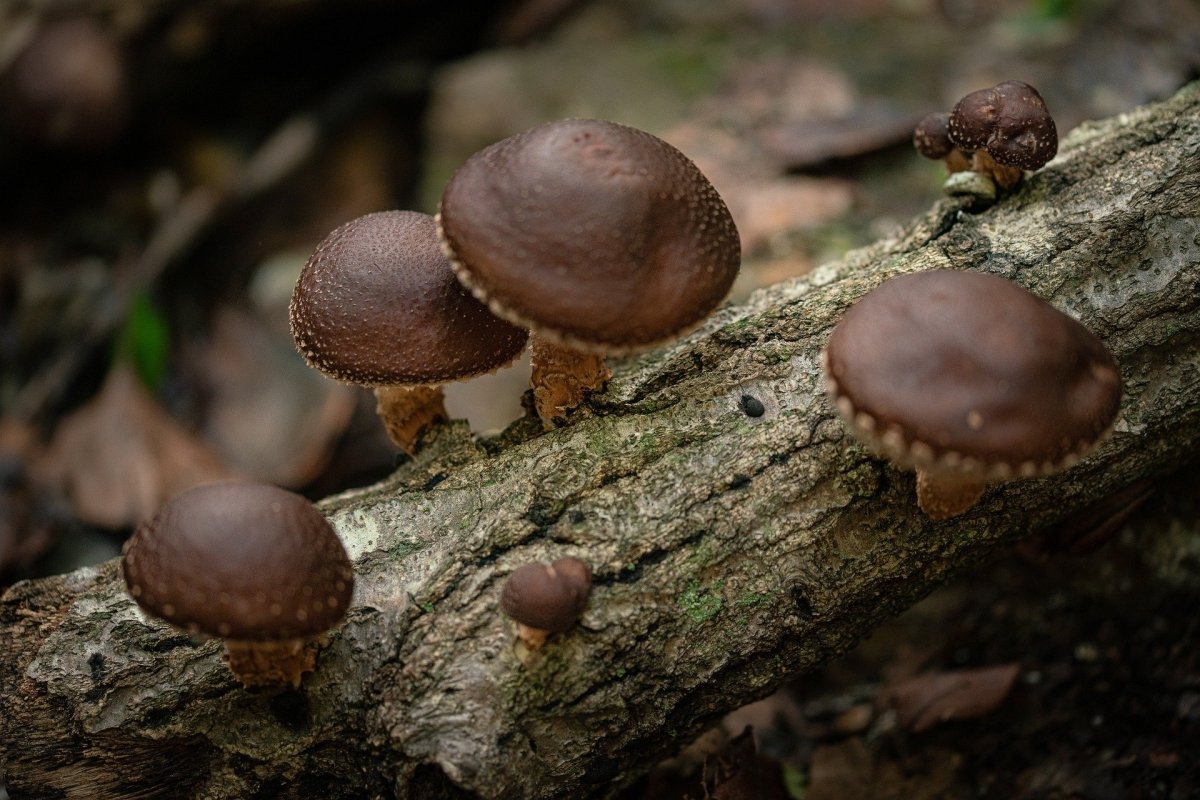
Adaptogens: an overview
What are they
Adaptogens are often talked about as the end-all and be-all for health, but it can be hard to know what exactly they are and why they are touted as being so beneficial for you.
Adaptogens are herbs that can help the body deal with life’s stressors. They “adapt” their function according to the specific needs of the body. They stimulate the body’s hormonal response to improve the body’s functions and our overall health. They were first discovered when researchers discovered berries and seeds eaten by native hunters reduced their thirst, hunger, and exhaustion (1).
They work by cutting through the body’s stress response. When our bodies undergo stress, it happens in three stages: alarm, resistance, exhaustion. The alarm phase is when our body first encounters the stressor and then begins to respond. Resistance is when the body sends out hormones so we can fight the stressor more effectively, like adrenaline when encountering something dangerous and unexpected, such as a moving car or a bear. Then as we begin to fatigue, we enter the phase of exhaustion.
Adaptogens help to extend the resistance phase, so we are able to counteract the stresses of daily life more effectively.
Their benefits
Research into adaptogens has been exceptionally fruitful in proving the benefits that these herbs have been believed to have. Numerous studies have shown that adaptogenic herbs can have several beneficial effects on the body including (2):
- neuroprotective elements
- energy boosting elements
- help battle depression and anxiety
- stimulate the central nervous system
- increase cognitive performance
- improve focus
- prevent stress and fatigue.
One review found that they “not only have specific therapeutic effects in some stress-induced and stress-related disorders, but will also have an impact on the quality of life of patients (2)” in general.
While these herbs are incredibly beneficial, they’re not commonly found in a western diet. Most of these adaptogens have been used as traditional medicines for centuries, but as agriculture has grown and expanded, these traditional medicines weren’t included as important parts of cultivation. As the western world opens up to adaptogens more, their cultivation will become more common and they’ll become mainstream.
However, there are some adaptogens that can't be cultivated. Chaga mushrooms, for example, are unable to be cultivated, attempts at doing so have changed the chemistry of the plant, taking away the impressive benefits (3).
The best way to include the benefits of these botanicals is to take supplements. While some of them can be ingested and are able to be cultivated easily in your back garden, dosage can be tricky to manage, especially since too high of a dose for some adaptogens can become toxic. It’s best to work with a nutritionist or a trusted brand that is able to supply you with adaptogens that are edible, safe, and are actually adaptogens. Look for transparency and a science based approach when buying supplements with adaptogens.
References:

